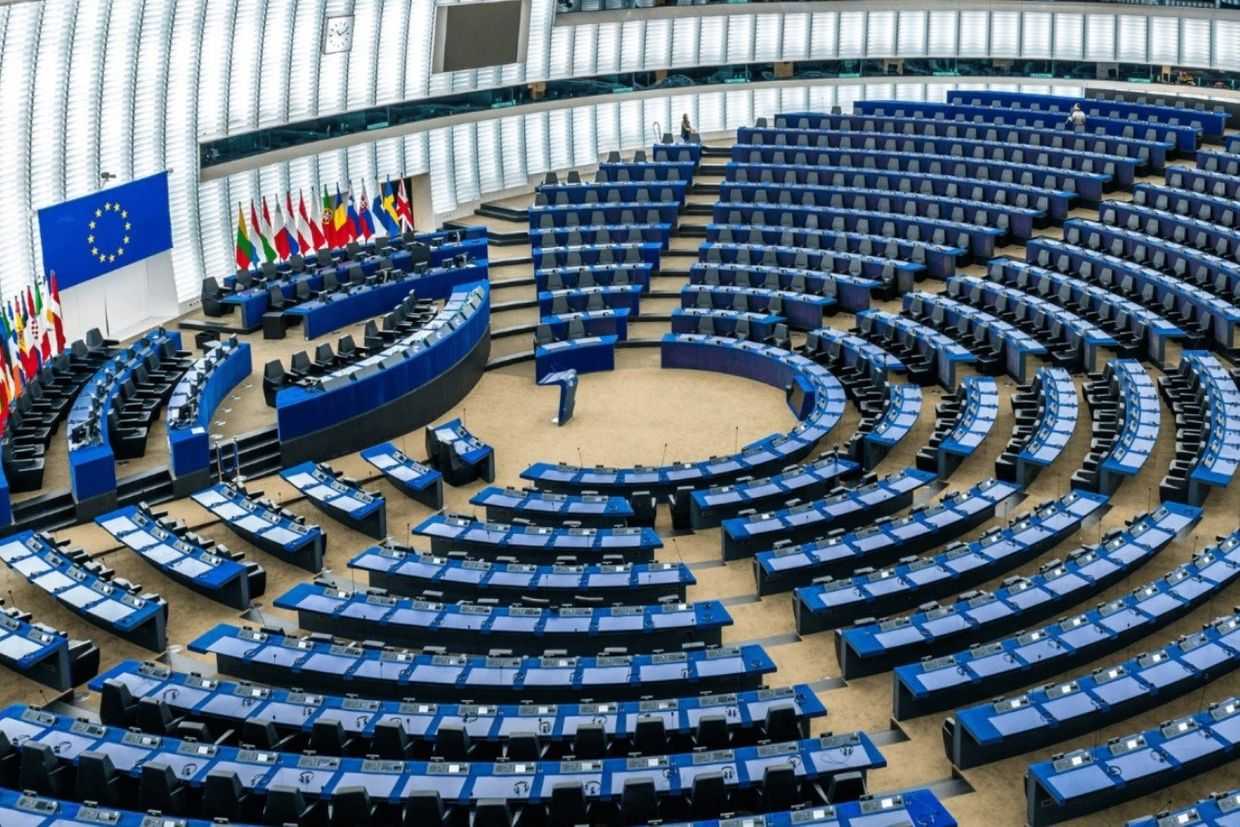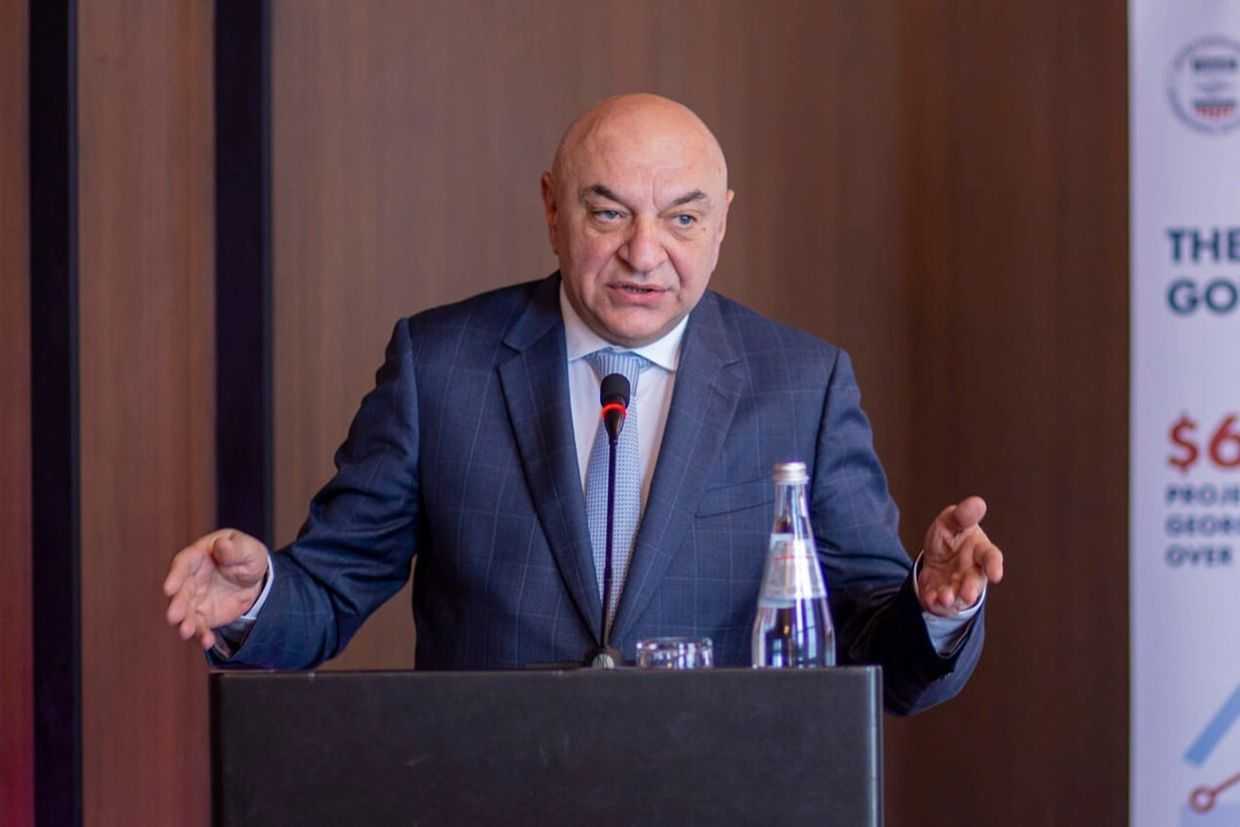
Four members of Georgia’s ruling party have stepped down as MPs, after facing criticism within their party for failing to support the aborted foreign agent bill.
On Friday, parliament stripped majority MPs Vladimir Chachibaia, Nino Iobashvili, Giorgi Khelashvili, and Irakli Kovzanadze of their mandates at their request.
The four were amongst the few ruling party lawmakers not to vote in favour of the controversial foreign agent bill on its first reading in parliament earlier in March.
The MPs have not spoken out strongly against the bill, with at least three of them accepting jobs as government advisors. Georgian Dream chair Irakli Kobakhidze said their departures were due to ‘liberal fascist bullying’.
The now-defunct bill would have required most civil society groups and a number of media outlets to register as ‘agents of foreign influence’, an initiative widely condemned both within and outside Georgia as threatening the country’s civil freedoms and prospects of European integration.
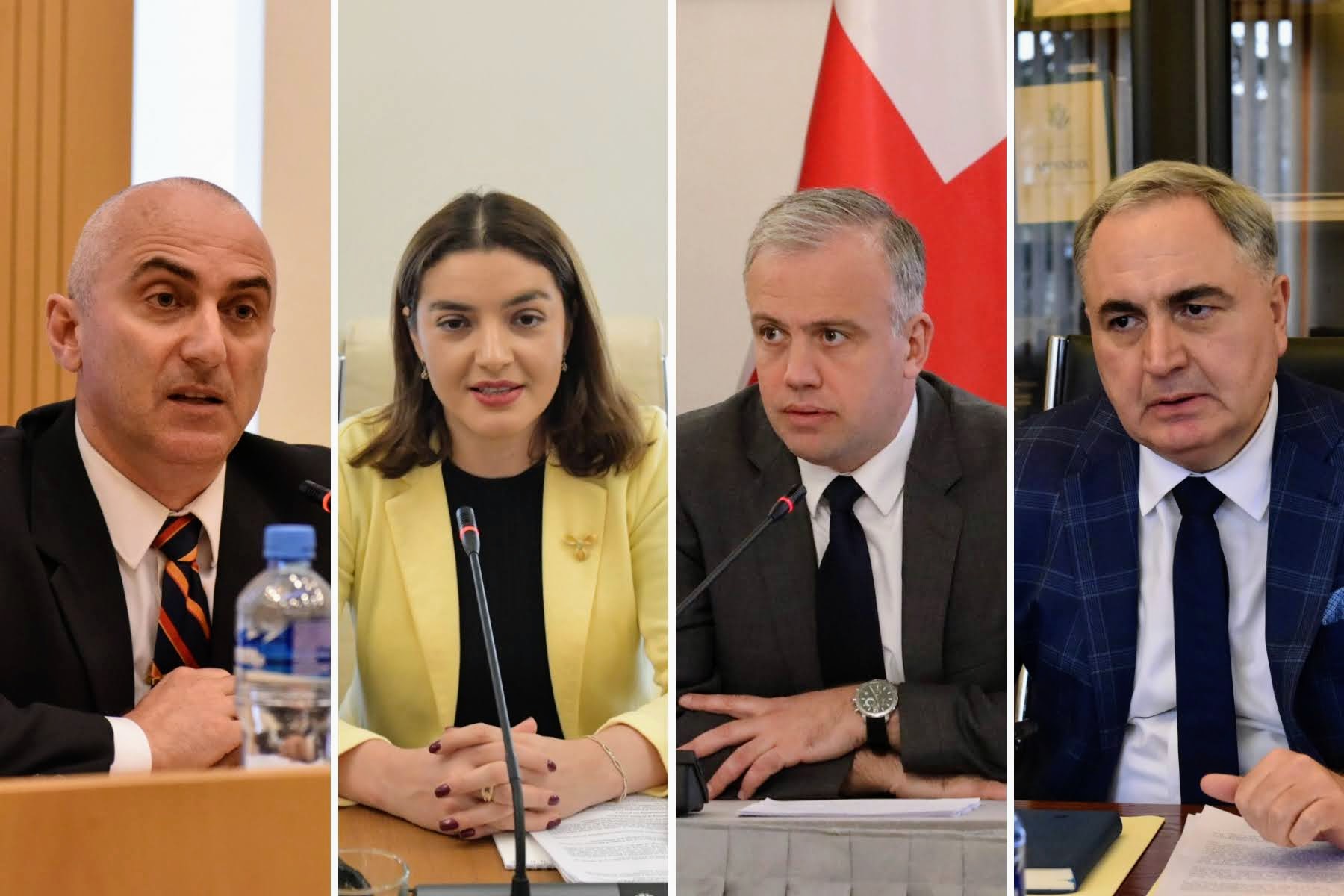
After two nights of street protests, the government announced that it was withdrawing the bill and passively failed it.
However, the government has since doubled down on its criticism of the bill’s opponents, and the departure of the MPs was seen by many as being a punitive measure.
[Read more: Georgian PM lashes out at ‘anarchists’, Ukraine, and EU following foreign agent U-turn]
Another abstaining Georgian Dream MP, former health minister Davit Sergeenko, remained in his seat. Replacing Sergeenko would have required a by-election in Tbilisi, as he was elected through a majoritarian race.
Doubling down
When withdrawing the foreign agent bill on 10 March, the ruling party cited their wish to avoid violence and any harm to young people rallying against them on the streets.
In subsequent days, however, the ruling party accused the same young people of having been manipulated by the opposition. On 20 March, parliamentary speaker Shalva Papuashvili accused young protesters, without evidence, of having been hired for ₾1,000 ($390).
Addressing parliament on Friday, Prime Minister Irakli Gharibashvili said a ‘fifth column’ was ‘directly involved in organising’ the protests.
‘This was a violent rally that the government, with its wisdom and firmness, fended off, dealing with everyone appropriately’.
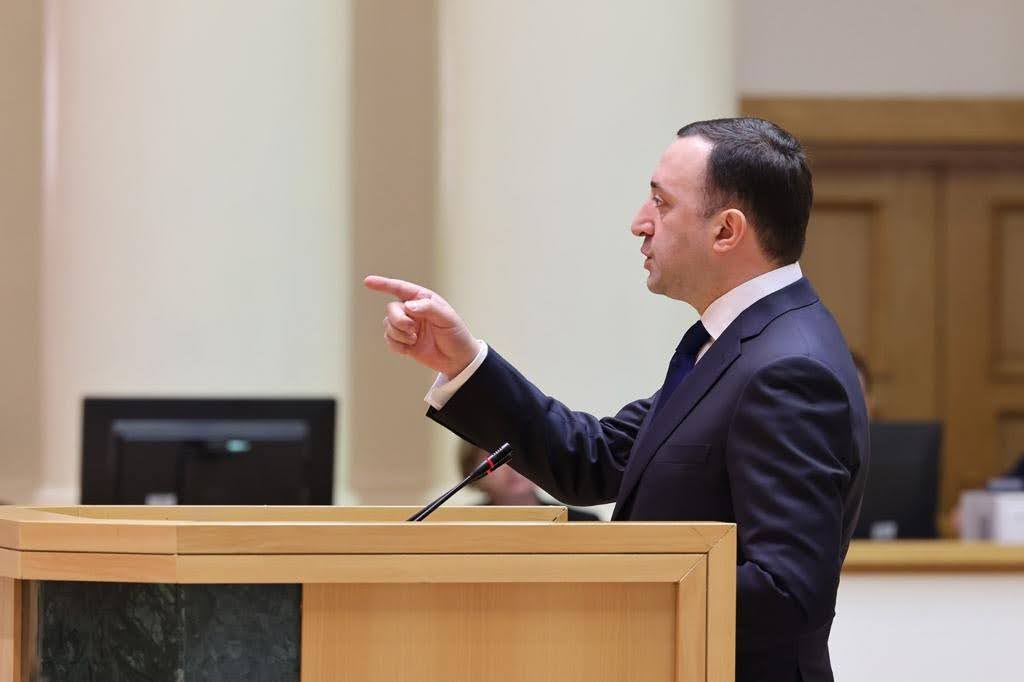
The 7–9 March demonstrations in Tbilisi began largely peacefully, though some protesters used violence in response to the police’s use of force, including throwing stones and, on several occasions, Molotov cocktails, at police. Several cars believed to belong to the police or security services were also overturned.
Tbilisi-based watchdog Human Rights Centre (HRC) noted that during the protests, the ‘behaviour of some of the protesters became aggressive going beyond the law’.
However, HRC pointed out that this, and a few attacks on police officers the previous day, came after police had unlawfully obstructed the protesters’ right to assembly and demonstration.
According to HRC, these measures included dispersing crowds ‘without due necessity’ and late warnings about the use of tear gas and water cannons on 7 March.
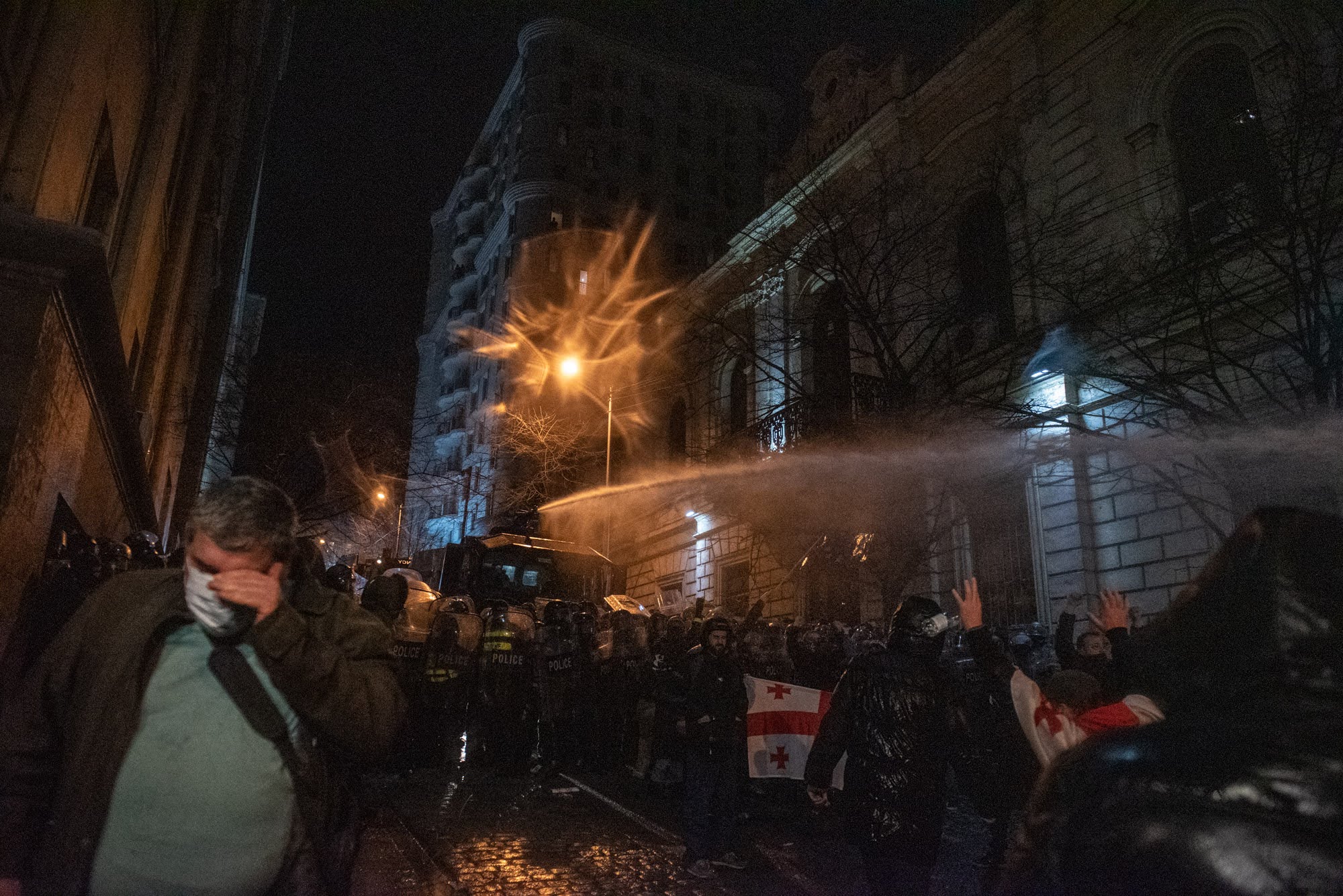
‘The practice of democratic states shows that protesters begin to act in an uncontrolled manner after law enforcers violate the law’, HRC underlined.
In his speech to parliament on Friday, Gharibashvili repeated earlier unfounded allegations that ‘extremist, radical, anarchist forces’ tied to groups critical of the government were behind the ‘violent rallies’.
The Prime Minister’s speech coincided with German Foreign Minister Annalena Baerbock’s visit to Tbilisi. Baerbock urged the government to work with civil society to implement reforms set out by the EU for Georgia’s membership candidacy to be reconsidered.
Throwing microphones and calling names
Even after withdrawing the ‘foreign agent law’, the ruling party and its allies have continued to attack the bill’s critics, supported by pro-government TV channels Imedi and POS TV.
On 22 March, one of the authors of the foreign agent bill hit Reform group MP Tariel Nakaidze with a microphone in parliament, after which majority MP Sozar Subari called Nakaidze an ‘agent’.
[Read more on OC Media: Georgian Dream attacks critics of foreign agent law as enemies of the Church]
Students living in Tbilisi State University dormitories also claimed that police had entered their building following the foreign agent protests, and held a rally the following week demanding that the university intervene.
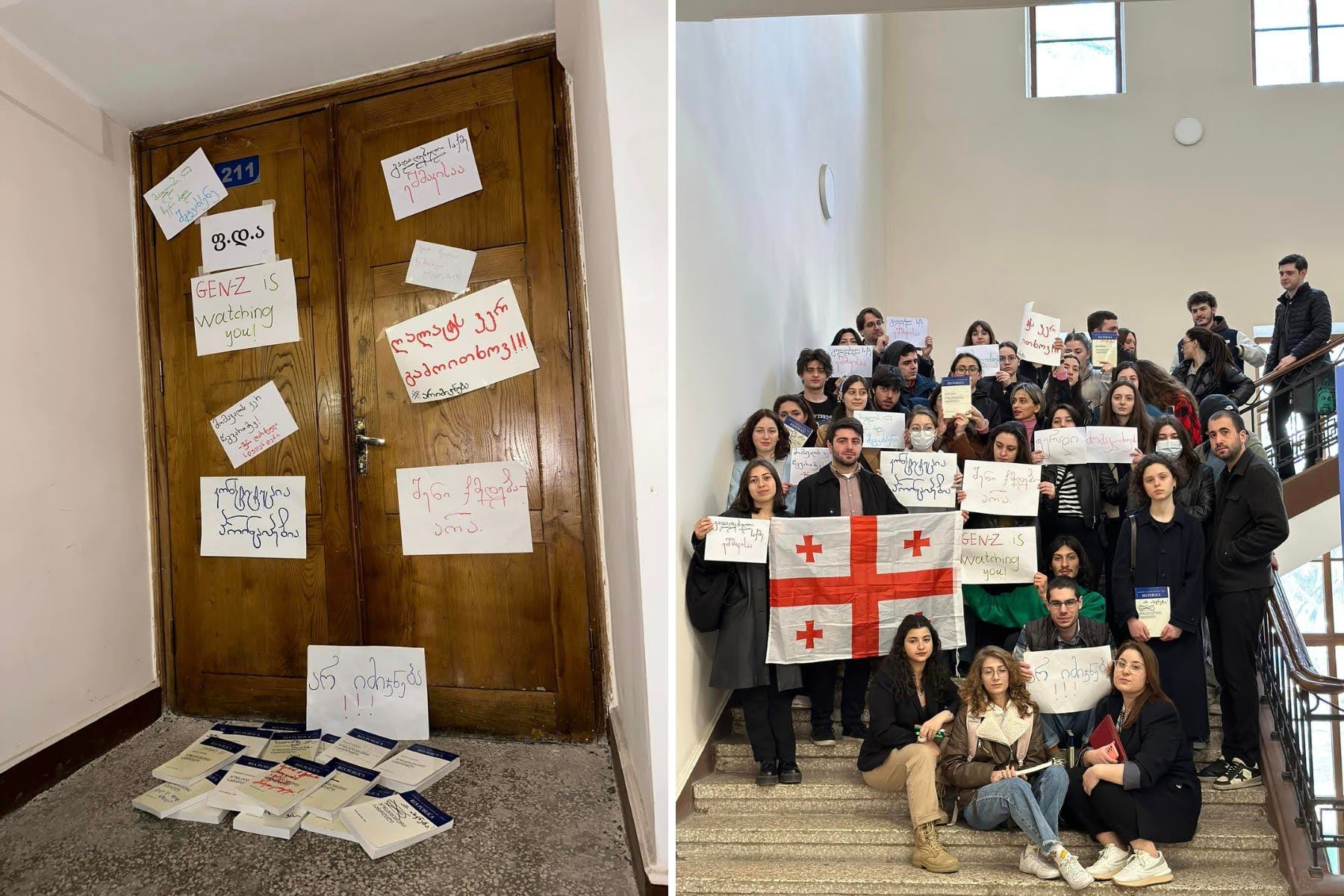
Georgian Dream chair and constitutional lawyer Irakli Kobakhidze also faced pushback after the withdrawal of the bill. On 11 March, he cancelled a lecture at Tbilisi State University (TSU), showing up at his subsequent lecture with a heavy police escort only to face hecklers.

